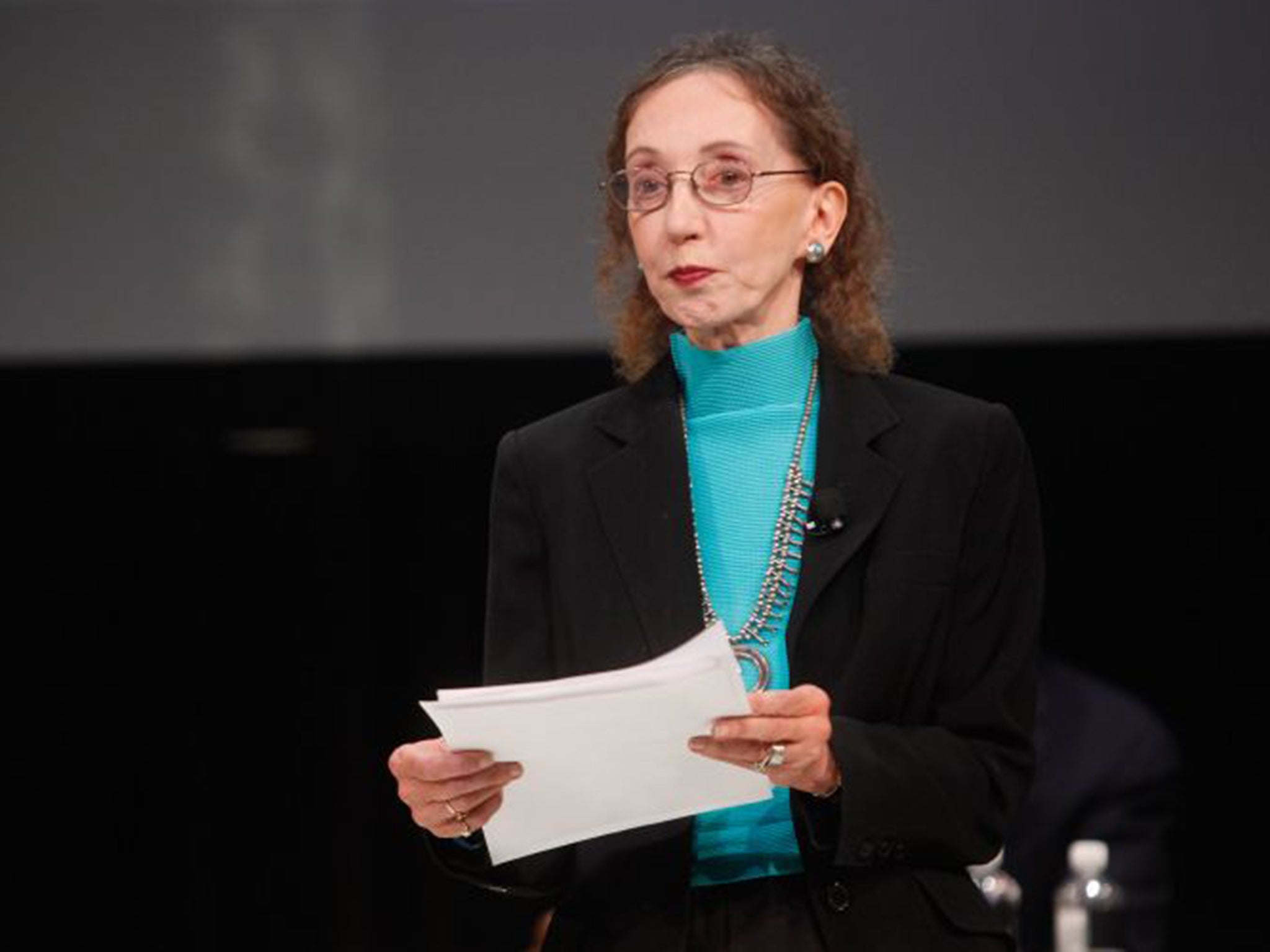Charlie Hebdo's PEN Freedom of Expression Courage Award is well deserved
Those who oppose the award have fallen for a false narrative of universal Muslim victimhood

On the evening of 5 May, the French satirical magazine Charlie Hebdo will receive an award at a gala dinner in New York. On the face of it, the award is uncontroversial: eight members of the magazine’s staff died in a terrorist attack in January, along with a maintenance worker, a visitor and two police officers.
The journalists paid a high price for defending free speech and are obvious candidates for this year’s Freedom of Expression Courage Award given by the American centre of PEN, the international writers’ organisation.
Not so, apparently. Almost 150 well-known writers, including the novelists Joyce Carol Oates and Peter Carey, have written a letter protesting the award. They say they are sickened by the murders but claim the decision to honour the magazine is “neither clear nor inarguable”. They accuse Charlie Hebdo of mocking “a section of the French population that is already marginalised, embattled, and victimised” and causing “further humiliation and suffering” among France’s Muslims.
Seeing this, my mind flashed to The Satanic Verses. Back in 1989, I was dismayed by the number of people who said that the death sentence passed on Salman Rushdie was wrong, but he shouldn’t have offended Muslims. The historian Lord Dacre even declared that he wouldn’t shed a tear if some British Muslims “were to waylay [Rushdie] in a dark street” and teach him some manners. Defending free speech is easier in principle than in practice, it seems.
Curiously, these self-appointed defenders of Europe’s Muslim population are making exactly the same mistake as the people they think they’re opposing; like white racists, they regard “Muslims” as a homogenous group. They see them as uniformly powerless, ignoring the emergence of a Muslim middle class and the enormous power wielded by advocates of extreme forms of Islam. I don’t imagine the secular blogger Raif Badawi, who is still under sentence of 1,000 lashes, would have much time for the argument that the Wahhabi sect which runs Saudi Arabia is mild-mannered and ineffective.
The journalists gunned down at Charlie Hebdo – including a French-Algerian copy-editor, Mustapha Ourrad – understood this very well. Some Muslim men (they almost always are men) are very powerful indeed, whether they are the leaders of Boko Haram or the Muslim clerics who encourage impressionable young men to kill people. There are good reasons for being afraid of Islamic extremists, just as I would have gone in fear of the Inquisition if I’d been born in 15th-century Italy.
None of this fits with the narrative of universal victimhood which the critics of American PEN have fallen for. That narrative is crucial to the rhetoric of Islamophobia, which characterises anything that takes a less-than-glowing view of the religion as racism. This is rather like claiming that criticising evangelical Christians who bomb US abortion clinics is evidence of Christianophobia, but an alarming number of people have been taken in. The latest is the Labour leader Ed Miliband, who has apparently told Muslim News that he intends to outlaw Islamophobia if he becomes prime minister.
“We are going to make it an aggravated crime,” he declared, apparently unaware that a distinct offence of religiously aggravated hate crime already exists. When he promised a change in the law to make clear “our abhorrence of hate crime and Islamophobia”, I was even more aghast. Stirring up Islamophobic hatred is already a crime if certain tests are met, so what else does he intend to outlaw? It looks like a blatant piece of electioneering.
PEN America has taken a more principled stance. In its blog post “Rejecting the Assassin’s Veto”, it has reaffirmed the decision to honour Charlie Hebdo. It is the right move: authors and cartoonists have more to fear from religion than religion has to fear from us.
Joan Smith is a former chair of the English PEN Writers in Prison Committee. Twitter: @polblonde
Join our commenting forum
Join thought-provoking conversations, follow other Independent readers and see their replies
Comments
Bookmark popover
Removed from bookmarks